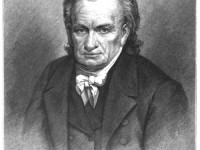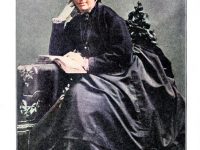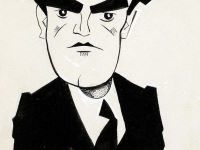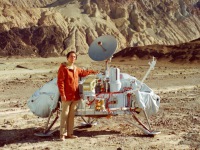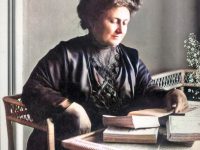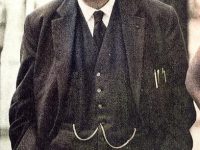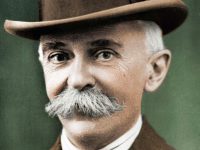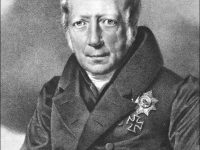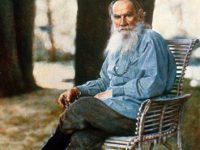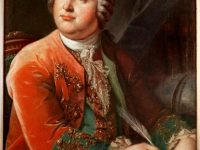Amos Eaton and the Science of Education
On May 17, 1776, American botanist, geologist, and educator Amos Eaton was born. He is considered the founder of the modern scientific prospectus in education, which was a radical departure from the American liberal arts tradition of classics, religious classes, lecture, and recitation. Amos Eton – Early Years Amos Eaton was born in New Concord parish, New York. He was sent to Williamstown in order to study at Williams College and graduated…
Read more

